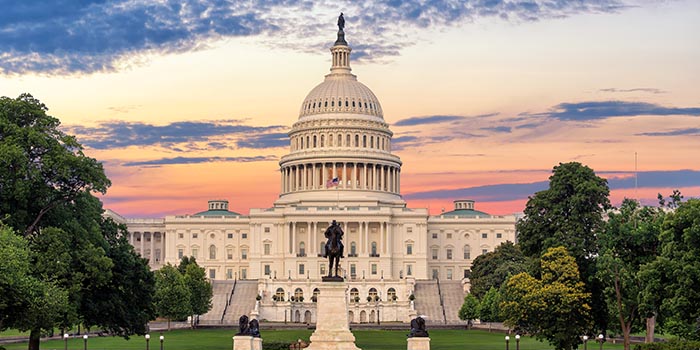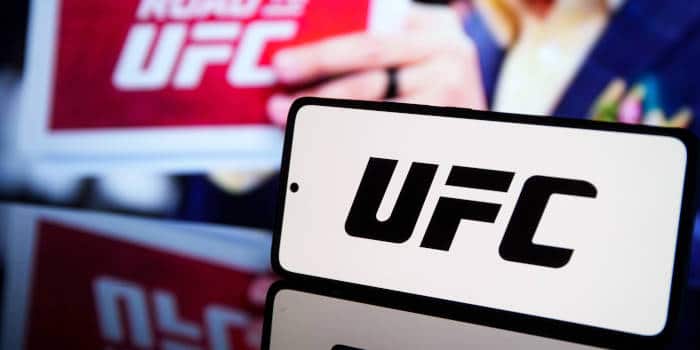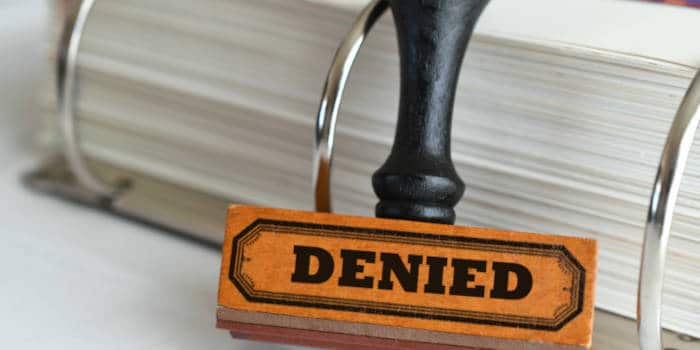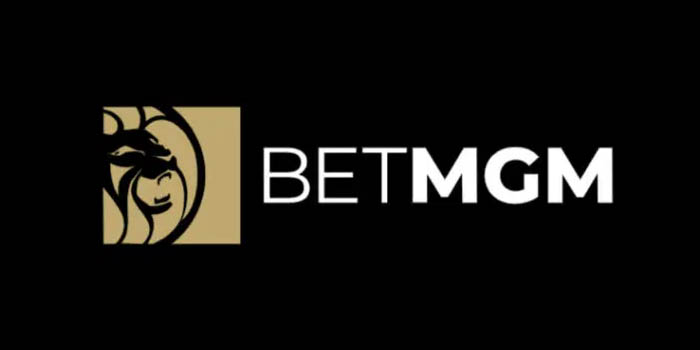- Casino
- By State
- Alabama
- Alaska
- Arizona
- Arkansas
- California
- Colorado
- Connecticut
- Delaware
- Georgia
- Florida
- Hawaii
- Idaho
- Illinois
- Indiana
- Iowa
- Kansas
- Kentucky
- Louisiana
- Maine
- Massachusetts
- Maryland
- Michigan
- Minnesota
- Mississippi
- Missouri
- Montana
- Nebraska
- Nevada
- New Hampshire
- New Jersey
- New Mexico
- New York
- North Carolina
- North Dakota
- Ohio
- Oklahoma
- Oregon
- Pennsylvania
- Rhode Island
- South Carolina
- South Dakota
- Tennessee
- Texas
- Utah
- Vermont
- Virginia
- Washington
- West Virginia
- Wisconsin
- Wyoming
- By State
- Slots
- Poker
- Sports
- Esports
Fact-checked by Angel Hristov
SAFE Bet Act Calls for Federal Rules on US Sports Betting
The proposal, also known as the Supporting Affordability and Fairness with Every Bet Act, was officially introduced earlier this week in outside the Capitol in Washington DC

Earlier this year, US Rep. Paul Tonko confirmed his intention to introduce the Supporting Affordability and Fairness with Every Bet Act (SAFE Bet Act), an initiative that proposes federal regulations on sports betting as a way to protect consumers from excessive gambling and harm. On Thursday, Tonko, accompanied by Sen. Richard Blumenthal, among other supporters, officially introduced the SAFE Bet Act.
The milestone announcement comes at a time when sports betting is available to millions of Americans in 38 US states along with Washington DC. Outside of the Capitol in Washington DC on Thursday, Tonko spoke about the importance of the new bill, the dangers of excessive betting and the widely spread wagering advertising that reaches Americans who are traveling, browsing the internet or watching their favorite sport.
“Today, I introduced the SAFE Bet Act that creates nationwide consumer protections for the mobile sports gambling industry. This industry has hijacked Americans’ love of sports by recklessly peddling a known addictive product. Our bill puts an end to those dangerous practices,“
reads a statement from Rep. Paul Tonko
The Relationship Between Gambling and Sports Is Dangerous
During his speech, Tonko pointed to the growth of the legal betting sector over the last six years, explaining that it affected the lives of millions of Americans. Criticizing the expansion of wagering, the lawmaker said that “every single solitary moment of every sporting event has become a betting opportunity.”
Rep. Tonko touched upon the excessive betting advertising via billboards, on TV, radio and social media saying that different promotions seek to engage with bettors and sports fans alike. He deemed the relationship between sports and the gambling industry “intolerably dangerous.” In that line of thought, Tonko said that the SAFE Bet Act comes at the perfect time and encouraged the Congress to take action.
Watch my press event announcing the introduction of my Supporting Affordability and Fairness with Every (SAFE Bet) Act. https://t.co/ObSC1RXrqG
— Paul Tonko (@RepPaulTonko) September 12, 2024
Sen. Blumenthal criticized the regulation of betting in different states, highlighting the need for a “national standard” to ensure the protection of Americans from excessive wagering. He explained that the proposal isn’t to ban gambling altogether but rather to “take back control over an industry that is out of bounds.” Additionally, Sen. Blumenthal said that the SAFE Bet Act seeks to prevent addiction, protect young people and save lives.
AGA Disagrees with the Proposed Tough Regulatory Measures
The lawmakers who supported the SAFE Bet Act faced criticism. Chris Cylke, the SVP of government relations for the American Gaming Association (AGA), released a statement in response to the newly introduced bill, bashing the proposal.
The executive pointed to the billions of tax revenue derived from regulated betting and acknowledged that the legal sector protects the consumers from offshore operators and dangerous local bookmakers. Additionally, Cylke said that the legal betting sector represents a collaborative effort of operators, regulators and stakeholders that try to prevent gambling addiction and focus on responsible gaming.
Finally, he wrote: “Six years into legal sports betting, introducing heavy-handed federal prohibitions is a slap in the face to state legislatures and gaming regulators who have dedicated countless time and resources to developing thoughtful frameworks unique to their jurisdictions, and have continued to iterate as their marketplaces evolve.”
The Bill Proposes Important Changes to the Betting Sector
Rep. Tonko’s proposal seeks to implement regulations on a national level that would help protect public health. Among the measures of the proposal is the implementation of a sportsbook advertising ban during live sports events and primetime hours.
The SAFE Bet Act also calls to restrict the use of wording such as bonuses, boosts and other similar language in betting ads. Moreover, the bill seeks to prohibit the use of AI by bookmakers to track consumers’ habits and activities as a means to offer personalized promotions. The use of AI for the development of different betting products such as microbets would also be restricted under the SAFE Bet Act.
The bill also seeks to implement changes that would directly affect some bettors. Such would include the implementation of affordability checks for customers who want to place large wagers, as well as the implementation of a prohibition of the use of credit cards for deposits. The SAFE Bet Act also seeks to restrict operators to accepting a maximum of 5 deposits per customer for a 24-hour period.
Related Topics:
William Velichkov is a research-driven writer. His strengths lie in ensuring factual accuracy, vetting government documentation and reaching out to regulators and other officials. He is particularly fond of financial reporting, the sports betting industry, B2B partnerships and esports betting developments. William is a strong asset to the Gambling News team as he adds a bedrock to our reporting.
Previous Article

Legal
September 13, 2024
Malta Court of Appeal Confirms Conviction of Ex-MGA Chief Executive

Next Article


Legal
September 13, 2024
Wynn Stock Deserves More Credit for UAE and Macau, Suggests Analyst
Must Read
Legal
July 7, 2025
Former SkyCity Executives Sued Over AUSTRAC Penalty
More Articles



Sports
July 10, 2025
NJ Bans Sportsbook Deals With Public Colleges

Casino
July 10, 2025
Mohegan Sun Guest Wins $2M Gambling in Spanish 21













